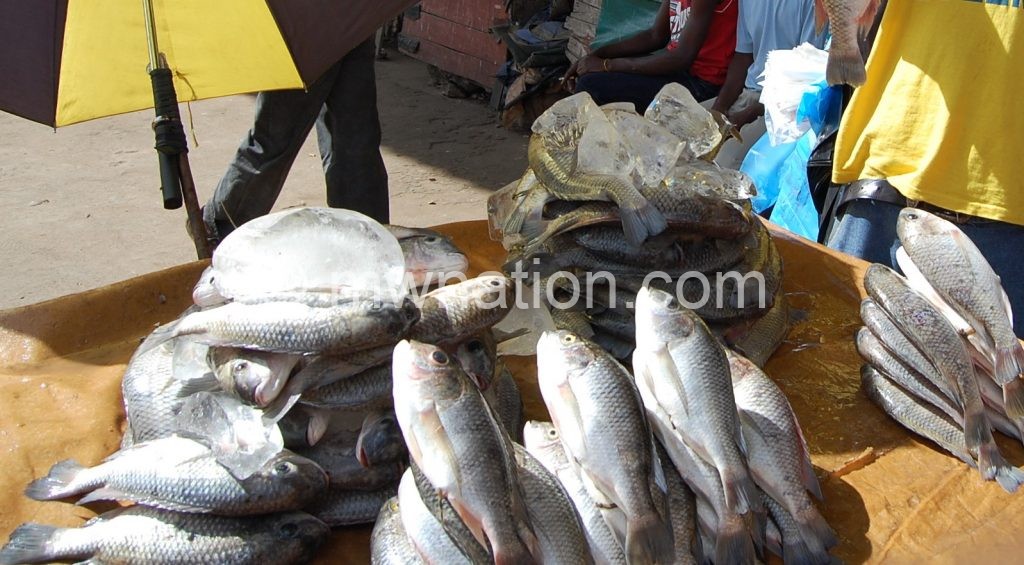Commercial fishers devise plans ahead of lake closure
Commercial fish producers and suppliers say they are planning to ensure sustained fish supply on the market following the planned three months seasonal closure of Lake Malawi by the Department of Fisheries.
The closure, which is an annual exercise, will start on November 1 to January next year to enable the fish to breed without disturbances.

Fish industry experts say the development will likely trigger scarcity of fish on the market and push up prices.
In an interview on Wednesday, Maldeco Fisheries general manager Andrew Santhe said they are working to accumulate as many volumes of fish as they can in their coldrooms in readiness for the closure of the fishing season.
He said: “It will not be easy to cater for a period of three months that the lake will be closed for fishing. We will try to mitigate the effect of fish scarcity by stocking more fish.”
Santhe decried the impact of imported fish products which he said are mostly sold at lower prices undercutting local producers.
“The issue of concern is that there is no value added tax [VAT] on imported fish while VAT is charged on imported feed for fish production.
“This is unfair because while we pay more for imported feed, the imported fish comes in cheaper; hence, bringing unfair competition,” he said.
A commercial fish farmer, Phillip Manduwi, who is also Commercial Fishers Association of Malawi secretary, said in a written response that the local industry is still young and cannot meet a quarter of fish demand in the country.
He said: “While we are working on improving production, we are actually worried with how things are going at the moment, especially from the supply perspective.
“There is too much garbage on the market going unchecked. Government has decided to give a blind eye to the quality of fish Malawians are consuming. We need standards special for imported fish.”
On his part, director of fisheries Friday Njaya said to make the closure a success, the department is conducting awareness campaigns.
He said they have engaged fishers, processors and traders to understand the importance of the closure of the lake and discuss other associated challenges.
Ministry of Agriculture fish production estimates show that the country registered a 19 percent decrease in fish output from 202 092 metric tonnes (MT) in 2018/19 to 169 140MT in 2019/20 fiscal year.
The decrease has been due to low catches, migration of fish and severe water stress, according to the ministry.





